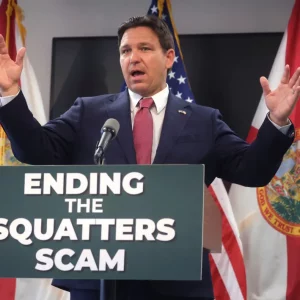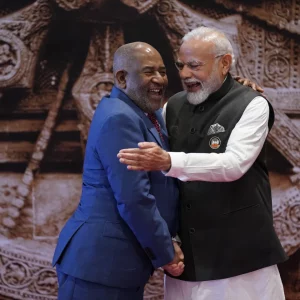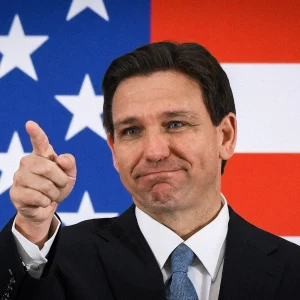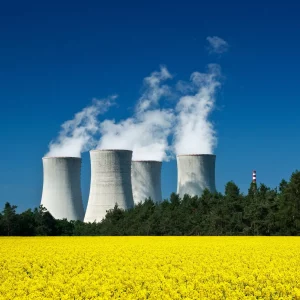
Many thought this day would never come. In an interesting turn of events, negotiations between the United States and Iran over a developing nuclear deal are currently underway. Secretary of State John Kerry has led negotiations with Iranian Foreign Minister Mohammad Javad Zarif over a deal in which sanctions on Iran would be lifted on the condition that Iran unveils its nuclear plans and abandon efforts to build a nuclear weapon. While nothing is set in stone, both countries have drafted a tentative agreement that will be finalized by the end of June. In addition to the United States, nations such as United Kingdom, France, Germany, China and Russia are also taking part in negotiations.
Specifically, the agreement focuses mainly on the supervision of enriched uranium levels in Iran. The country must cut down its operating enrichment centrifuges from 19,000 to 6,000 and no technologically advanced models of centrifuges may be used for at least ten years. In addition, any plans for updated models must be approved by the IAEA before any wheels are set in motion. Iran has been asked to discontinue work at enrichment facilities throughout the country and dramatically lower its supply of even low-enriched uranium from 10,000 kg to 300 kg for the next 15 years. What’s more, Iran is not permitted to develop heavy water reactors and any reactors currently functioning will be altered significantly.
Although the details have been laid out provisionally, the actual implementation of the deal raises concerns about the impact on the international community, particularly the Middle East. Once Iran has been given considerable freedom in the area of nuclear development, what is to stop its neighbors from demanding the same courtesies? The United Arab Emirates is steps away from launching its own nuclear plant as early as 2017. Saudi Arabia is yet another nation drowning in oil wealth that has announced its plans for a full-fledged nuclear program. In fact, it has already initiated talks with South Korea, France, Argentina, and China about future plans for nuclear energy production.
Moreover, nations such as Saudi Arabia, Turkey and Egypt already clash with Iran over Islamic Sunni-Shia divisions, among other issues. Sectarian wars are fought over the age-old Sunni-Shia schism that has rocked the Middle East time and again. While countries such as Yemen, Syria, Iraq, and Iran possess Shiite majorities, members of the Gulf Cooperation Council (GCC) are predominantly Sunni and monitor oil production in the region. These nations, mainly Saudi Arabia and the United Arab Emirates, are none too pleased with the new arrangement between Iran and the United States. Especially with the rising power of the Shiite Houthis in Yemen, Sunni nations are fearful that the distribution of power in the Middle East is shifting in favor of the Shiites.
With this in mind, it is also important to consider the role of Israel in this whole process. Israel has strongly opposed any nuclear talks between Iran and the United States. Israeli Prime Minister Benjamin Netanyahu was quoted stating that these negotiations would “threaten the survival” of his state. Recently, U.S.-Israeli relations have become increasingly strained, but this new development could permanently damage an already fragile relationship. All of the above highlights the need for the United States to reassure its Middle Eastern allies that the Iran Nuclear Deal will not be destabilizing to the region.
On the other hand, if we put things in broader perspective, the nuclear agreement is one of the more progressive developments on the international front between the Iran and the West. Diplomatic relations between the U.S. and Iran came to an essential standstill after the 1979 Islamic Revolution, and relations hit a nadir during the hostage crisis at the American Embassy in Tehran in 1979. After all has been said and done, the fact is that Iran is one of the four nations that the United States recognizes as a state sponsor of terrorism. If the deal were carried out and sanctions on Iran were lifted, this would ease tensions between the two nations.
Additionally, Iran seeks a new arrangement that could potentially create economic opportunities domestically and globally. Iran sits on top of the fourth-largest crude oil reserves and the second-largest natural gas reserves in the world. Up till now, sanctions have limited Tehran’s participation in the international oil trade, which has led to the devaluation of the Iranian Rial and high rates of unemployment throughout the country. However, the Iranian Oil Minister recently declared that once sanctions are revoked, the nation would export a significantly higher number of barrels of oil per day, which could potentially impact the price of oil. In the past, Iran has been closed off from the West and as a result, much of its economic potential has been left untapped. Now that economic sanctions might be lifted, Iran can unleash the full potential of its oil industry, which would make it a hotspot for increased foreign investment.
Despite the hostility some Middle Eastern nations have expressed towards the upcoming nuclear agreement, the economic and political benefits of such a deal for Iran and the West represent a step in the right direction. The only alternative to such an agreement would be further delaying any immediate action involving Iran, which does not benefit any party.




